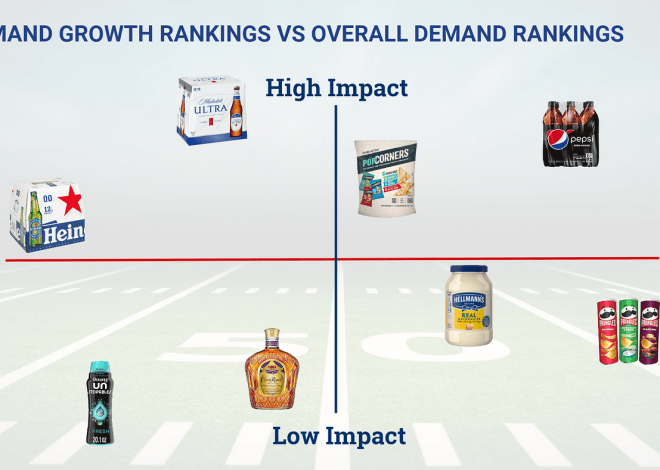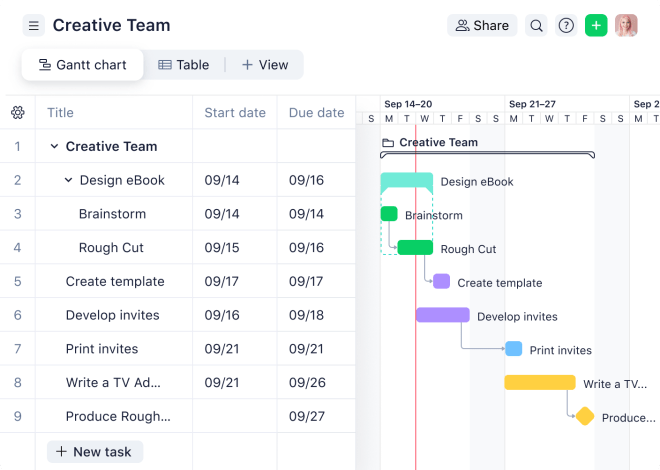Finding the Best Business Accountants in Lithuania A Comprehensive Guide
Navigating the complex landscape of Lithuanian business regulations and financial reporting requires a partner with deep understanding and proven expertise․ Selecting the right business accountant is a critical decision that can significantly impact your company’s financial health and long-term success․ This article provides a comprehensive guide to finding the best business accountants in Lithuania, covering essential qualifications, key services, and factors to consider during your search․ We’ll delve into the nuances of Lithuanian accounting practices and offer practical tips to ensure you choose a professional who aligns perfectly with your specific business needs․
Understanding the Lithuanian Business Accounting Landscape
Lithuania, as a member of the European Union, adheres to International Financial Reporting Standards (IFRS) and local legislation․ This creates a unique accounting environment demanding specialized knowledge․ Business accountants operating in Lithuania must be well-versed in:
- Lithuanian tax laws and regulations
- IFRS standards and their application
- Accounting software specific to the Lithuanian market (e․g․, Finvalda, Rivilė)
- Reporting requirements to various government agencies
Furthermore, they should possess a strong understanding of various industries and their specific accounting challenges․ For example, a manufacturing company will have different accounting needs than a technology startup․
Key Qualifications and Certifications
When searching for a business accountant, consider the following qualifications and certifications:
- Certified Accountant (Atestuotas Buhalteris): This is a recognized professional designation in Lithuania, indicating a high level of competence and ethical standards․
- Auditor’s Qualification: If your business requires audits, ensure the accountant holds the necessary auditor’s certification․
- Membership in Professional Organizations: Membership in organizations like the Lithuanian Chamber of Auditors or similar bodies demonstrates a commitment to professional development and adherence to industry best practices․
- Relevant University Degree: A degree in accounting, finance, or a related field is a fundamental requirement․
Essential Services Offered by Business Accountants
A competent business accountant provides a range of services designed to support your company’s financial management․ These services typically include:
- Bookkeeping and Accounting: Maintaining accurate and up-to-date financial records․
- Tax Planning and Compliance: Ensuring compliance with Lithuanian tax laws and optimizing tax strategies․
- Financial Reporting: Preparing financial statements (balance sheets, income statements, cash flow statements) for internal and external use․
- Payroll Management: Processing payroll, calculating taxes, and complying with labor laws․
- Auditing: Conducting internal or external audits to ensure financial accuracy and compliance․
- Financial Consulting: Providing advice on financial planning, budgeting, and investment decisions․
- Business Valuation: Determining the value of your business for various purposes, such as mergers and acquisitions․
- Forensic Accounting: Investigating financial fraud or irregularities․
Factors to Consider When Choosing an Accountant
Selecting the right business accountant requires careful consideration of several factors․ It’s not just about finding someone who can crunch numbers; it’s about finding a trusted advisor who understands your business and can help you achieve your financial goals․
Industry Expertise
Does the accountant have experience working with businesses in your industry? Different industries have unique accounting challenges and regulatory requirements․ An accountant with industry-specific knowledge can provide more relevant and effective advice․
Communication Skills
Effective communication is crucial․ Can the accountant clearly explain complex financial concepts in a way that you understand? Are they responsive to your questions and concerns? A good accountant should be a proactive communicator, keeping you informed of important financial developments․
Technological Proficiency
In today’s digital age, it’s important to choose an accountant who is proficient in using accounting software and other technologies․ This can streamline processes, improve efficiency, and reduce errors․ Ask about the software they use and their experience with cloud-based accounting solutions․
Reputation and References
Check the accountant’s reputation and ask for references from other clients․ A reputable accountant will have a track record of providing high-quality service and ethical conduct․ Contacting references can provide valuable insights into the accountant’s strengths and weaknesses․
Fees and Pricing Structure
Understand the accountant’s fees and pricing structure upfront․ Are they charging an hourly rate, a fixed fee, or a combination of both? Make sure you understand what services are included in the fee and whether there are any additional charges․ Get a written agreement outlining the scope of services and the payment terms․
Location and Accessibility
While technology allows for remote collaboration, consider the location and accessibility of the accountant․ Do you prefer to meet in person or are you comfortable communicating primarily online? Choose an accountant who is accessible and responsive to your needs․
Finding Business Accountants in Lithuania: Resources and Strategies
There are several ways to find business accountants in Lithuania․ Here are some resources and strategies to consider:
- Online Directories: Use online directories such as Versli Lietuva (Enterprise Lithuania) or similar business directories to find accountants in your region․
- Professional Organizations: Contact the Lithuanian Chamber of Auditors or other professional accounting organizations for referrals․
- Networking: Attend industry events and networking opportunities to meet accountants and other business professionals․
- Referrals: Ask your business contacts for referrals to accountants they trust and recommend․
- Online Reviews: Check online reviews on platforms like Google Reviews or similar sites to get insights into the experiences of other clients․
The Importance of Due Diligence
Before hiring an accountant, conduct thorough due diligence․ This includes verifying their credentials, checking their references, and reviewing their experience․ Don’t be afraid to ask questions and address any concerns you may have․ A well-informed decision is crucial for your business’s financial well-being․
Verifying Credentials
Always verify the accountant’s credentials with the relevant professional organizations or licensing bodies․ This will ensure that they are qualified and authorized to practice accounting in Lithuania․ Ask for copies of their certifications and licenses and confirm their validity․
Checking References
Contact references provided by the accountant and ask them about their experience working with the accountant․ Ask about the quality of their services, their communication skills, and their responsiveness to their needs․ This will give you a better understanding of the accountant’s capabilities and professionalism․
Reviewing Experience
Review the accountant’s experience in your industry and with businesses similar to yours․ Ask about their previous clients and the types of services they provided․ This will help you assess their ability to meet your specific needs and challenges․
Building a Strong Relationship with Your Accountant
Once you’ve chosen an accountant, focus on building a strong and collaborative relationship․ This involves open communication, mutual trust, and a shared commitment to your business’s financial success․ Schedule regular meetings to discuss your financial performance, address any concerns, and plan for the future․ Treat your accountant as a trusted advisor and partner in your business․
Open Communication
Maintain open and honest communication with your accountant․ Share your financial goals, challenges, and concerns․ Be responsive to their questions and requests for information․ The more open you are, the better they can understand your business and provide valuable advice․
Mutual Trust
Trust is essential in any business relationship, especially with your accountant․ Trust that they are acting in your best interests and providing accurate and reliable information․ Building trust takes time and effort, but it is well worth the investment․
Shared Commitment
A shared commitment to your business’s financial success is crucial․ Work together with your accountant to develop financial strategies and achieve your goals․ Recognize that you are both working towards the same objective: the long-term prosperity of your business․
Choosing a business accountant in Lithuania is a significant decision that should be approached with careful consideration․ By understanding the local accounting landscape, focusing on essential qualifications, and conducting thorough due diligence, you can find a professional who will guide your business towards financial success․ Remember to prioritize clear communication, industry experience, and a strong ethical foundation․ The right accountant will be more than just a service provider; they will be a trusted advisor and a valuable asset to your company․ Prioritize finding someone who understands your business goals and is invested in your success․ This partnership will contribute significantly to your company’s financial health and long-term growth․
Selecting the ideal business accountant in Lithuania requires careful research and a clear understanding of your specific financial needs․ By carefully evaluating the qualifications, experience, and reputation of potential candidates, you can make an informed decision․ A strong relationship with your accountant is essential for navigating the complexities of the Lithuanian business environment․ Ultimately, the right accountant will be a valuable partner, helping you achieve your financial goals and ensuring the long-term success of your business․



